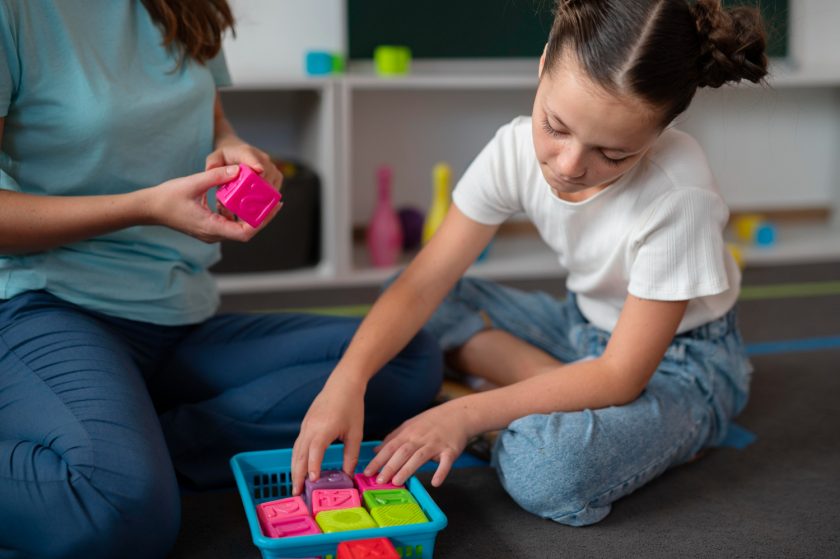Play is an essential aspect of a child’s development, and incorporating play-based learning into primary schools can have a profound impact on their overall growth. In recent years, educators have recognized the significance of play in fostering creativity, problem-solving skills, social interactions, and emotional well-being. This article explores the importance of play-based learning in primary schools and highlights how it positively influences a child’s educational journey.
The Importance Of Play-Based Learning In Primary Schools
Promotes Active Engagement
Play-based learning encourages active engagement among students. By integrating play into the curriculum, children are motivated to participate actively in the learning process. Whether it’s through imaginative play, hands-on activities, or educational games, students become more enthusiastic and eager to explore new concepts and ideas.
Enhances Creativity and Imagination
Play-based learning nurtures creativity and imagination in children. Through unstructured play, students have the freedom to invent, experiment, and create their own worlds. This fosters critical thinking and problem-solving skills as they find innovative solutions to challenges that arise during play. By encouraging imaginative play, primary schools provide a platform for children to express themselves creatively, leading to greater cognitive development.
Develops Social and Emotional Skills
Play-based learning in primary schools promotes the development of social and emotional skills. Play allows children to interact with their peers, negotiate, and resolve conflicts, thereby enhancing their social intelligence. It teaches them empathy, cooperation, and teamwork, essential qualities for successful collaboration in the future. Additionally, play-based learning helps children understand and manage their emotions, fostering emotional well-being.
Supports Cognitive Development
Play-based learning plays a crucial role in supporting cognitive development in primary school students. Play provides opportunities for children to engage in problem-solving activities, develop logical thinking, and enhance their memory and concentration skills. Whether it’s building with blocks, engaging in pretend play, or solving puzzles, play-based learning helps students strengthen their cognitive abilities in a fun and interactive manner.
Cultivates a Love for Learning
Incorporating play-based learning in primary schools helps cultivate a love for learning among students. By making learning enjoyable and exciting, children develop a positive attitude towards education. Play allows them to explore their interests, follow their curiosity, and develop a lifelong love for acquiring knowledge. When students are actively engaged in play-based learning, they are more likely to retain information and apply it to real-life situations.
Supports Multisensory Learning
Play-based learning caters to different learning styles and promotes multisensory learning. Children learn through their senses, and play provides ample opportunities for them to engage their senses in the learning process. Whether it’s through tactile experiences, auditory stimuli, or visual cues, play-based learning ensures that students can learn and understand concepts in a way that resonates with their individual learning preferences.
The Role of Primary School Fees in Singapore
While the importance of play-based learning in primary schools is undeniable, it is essential to consider the resources required to implement such an approach effectively. Primary school fee in Singapore play a vital role in ensuring that schools have the necessary infrastructure, materials, and trained educators to provide high-quality play-based learning experiences to students. These fees contribute to creating a conducive environment where children can learn through play and receive the necessary support for their holistic development.
Conclusion
Play-based learning is a powerful educational tool that promotes active engagement, enhances creativity, develops social and emotional skills, supports cognitive development, and cultivates a love for learning. One World International School recognizes the significance of play-based learning in primary education and strives to create an environment where students can thrive through play.
By incorporating play-based learning into their curriculum, One World International School aims to provide an enriching and holistic educational experience to its students, preparing them for success in the ever-changing world





